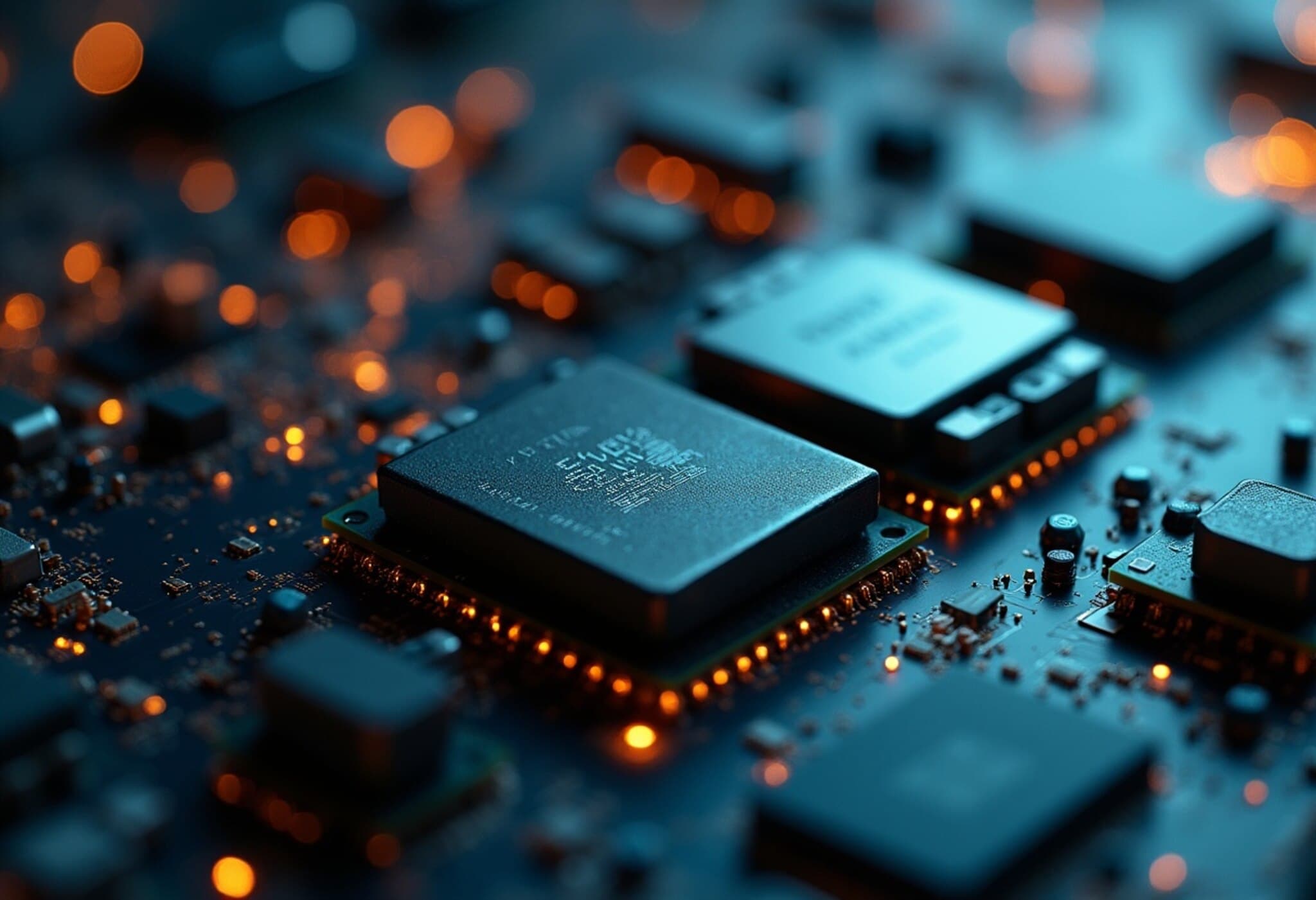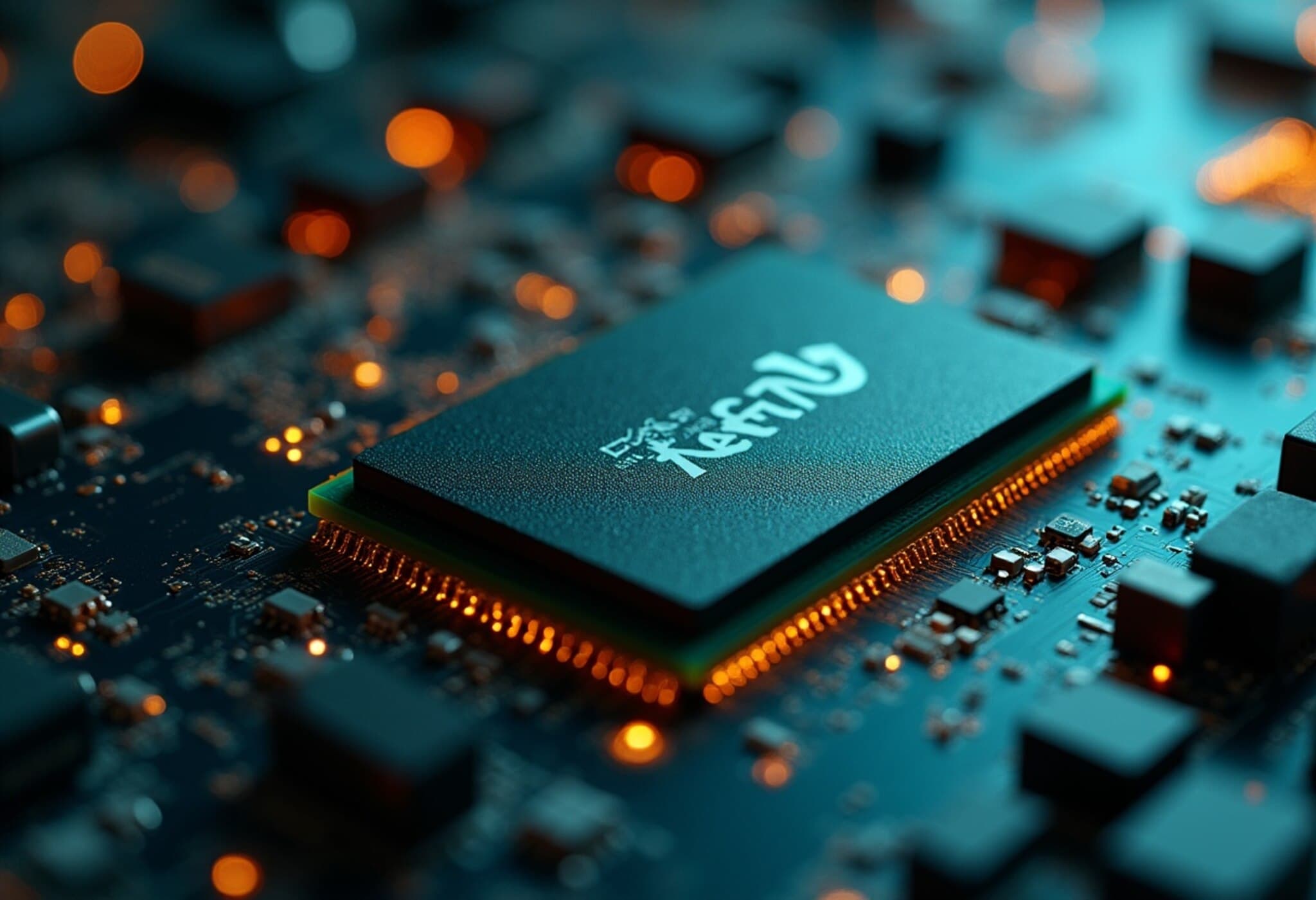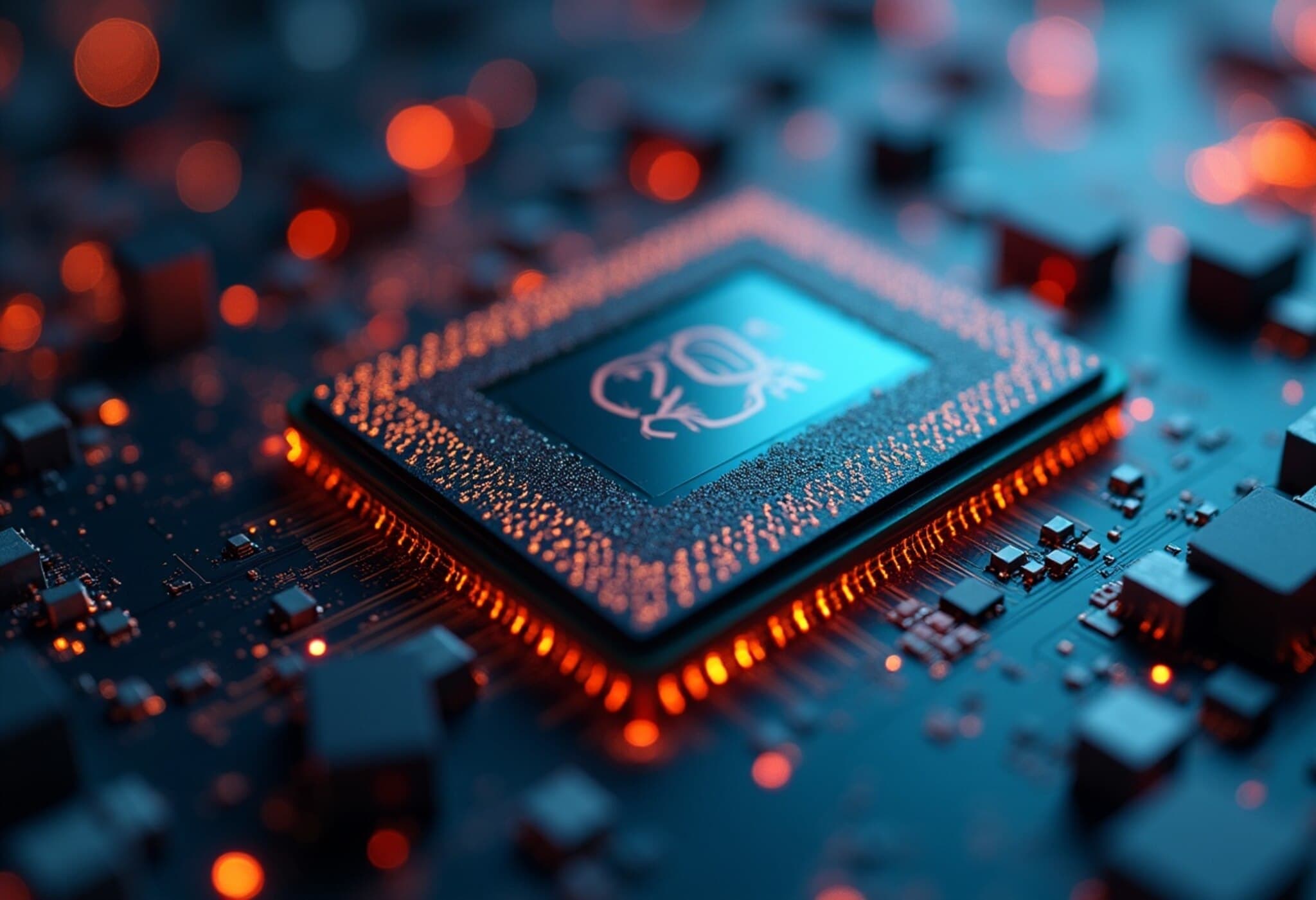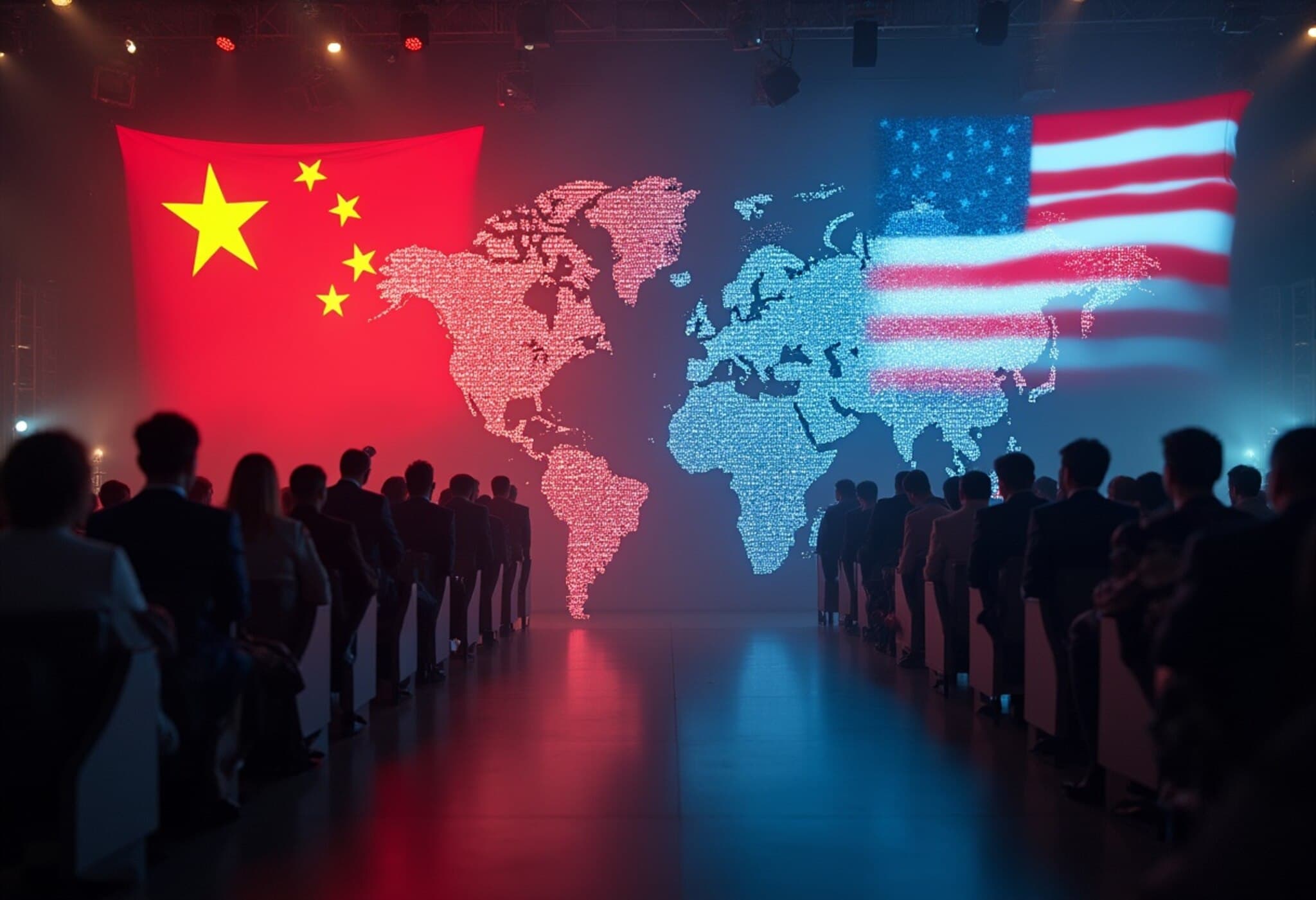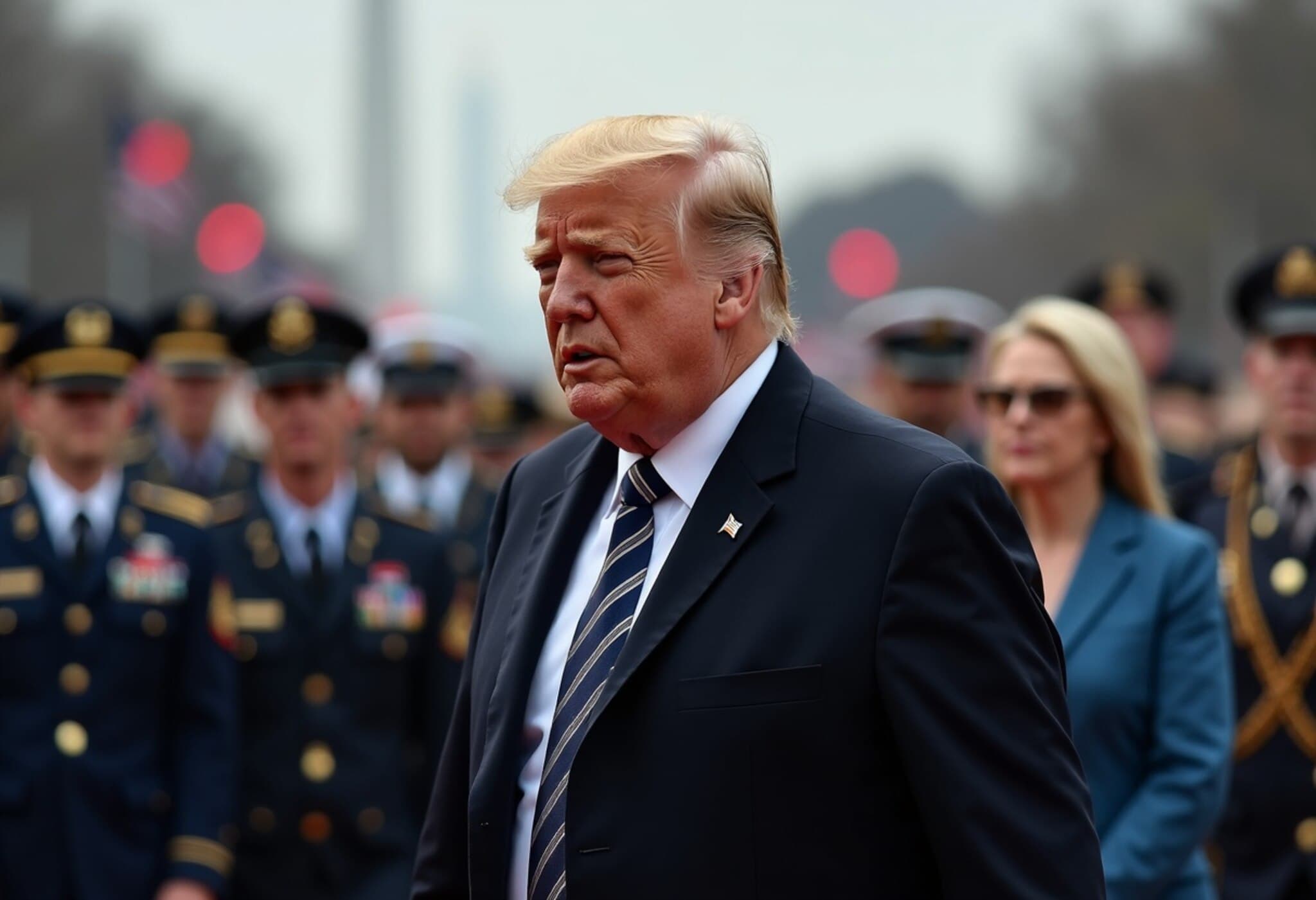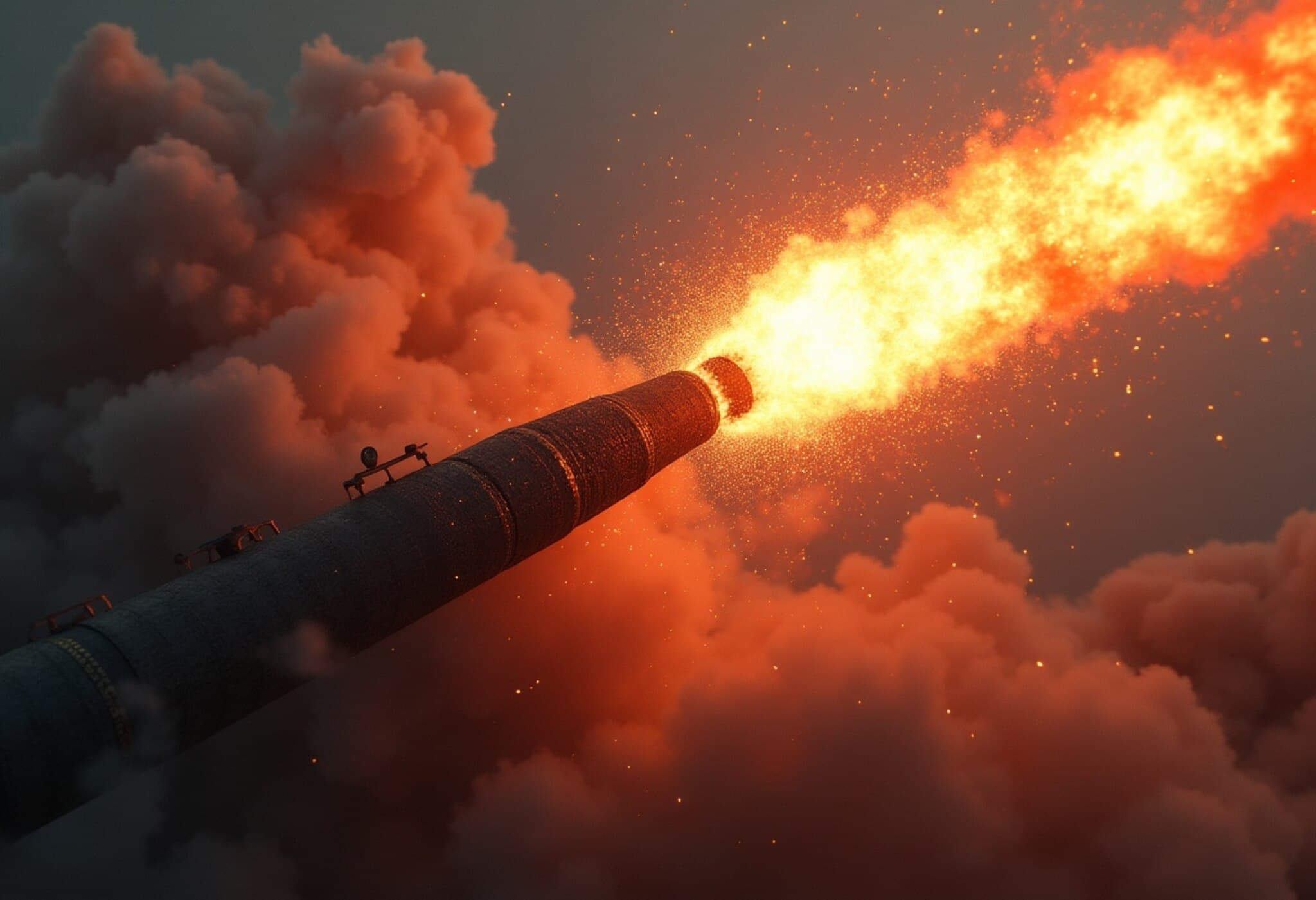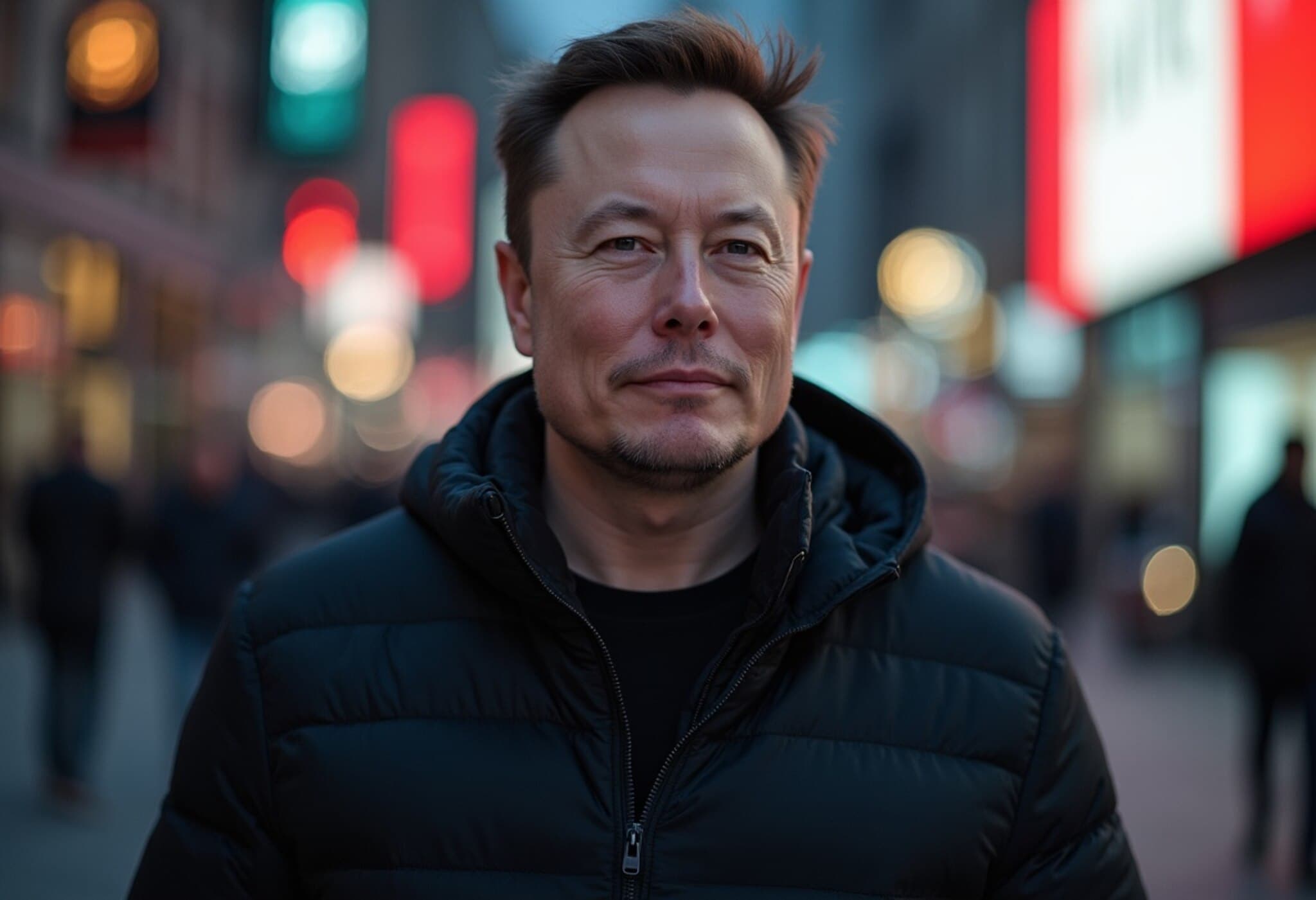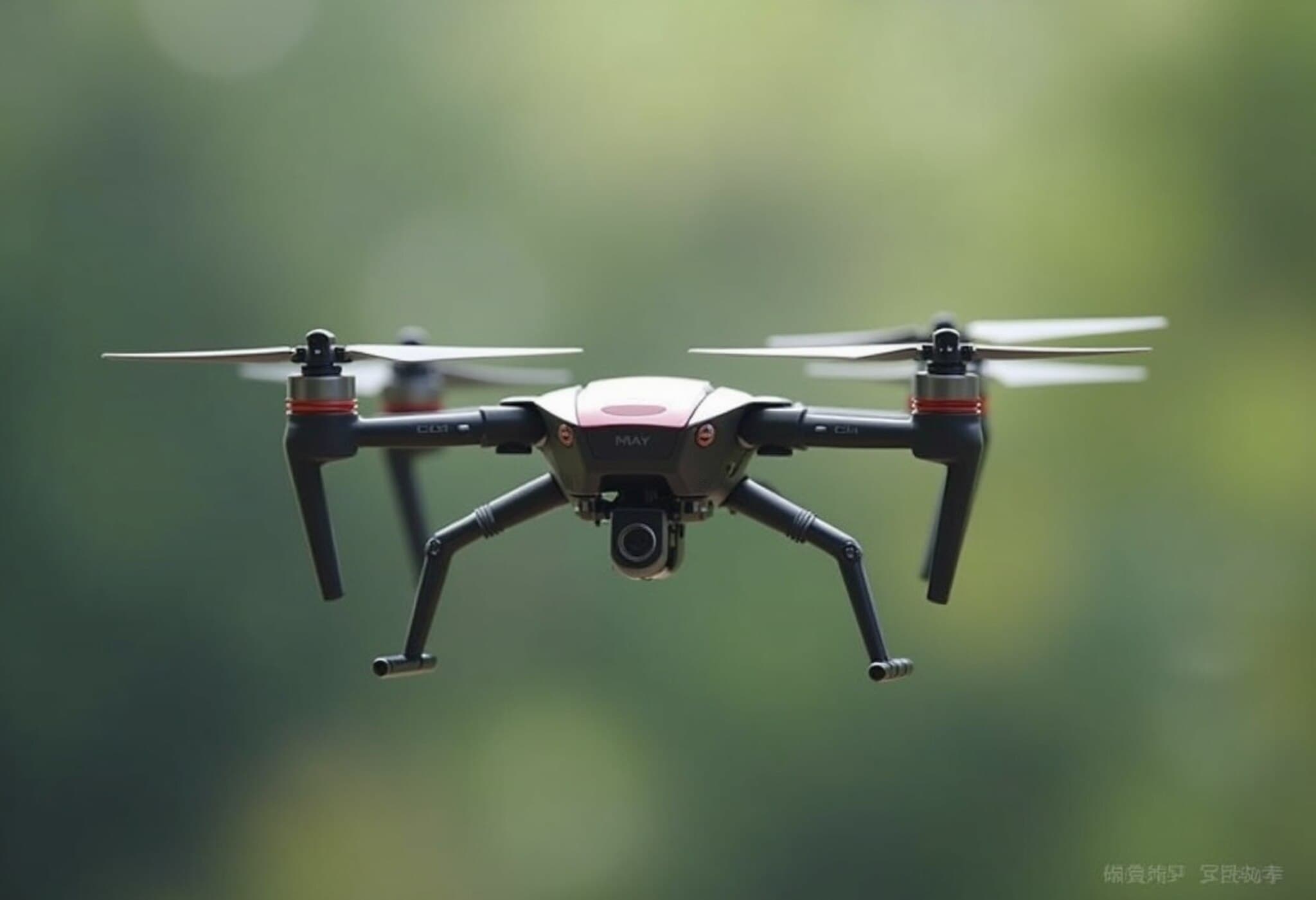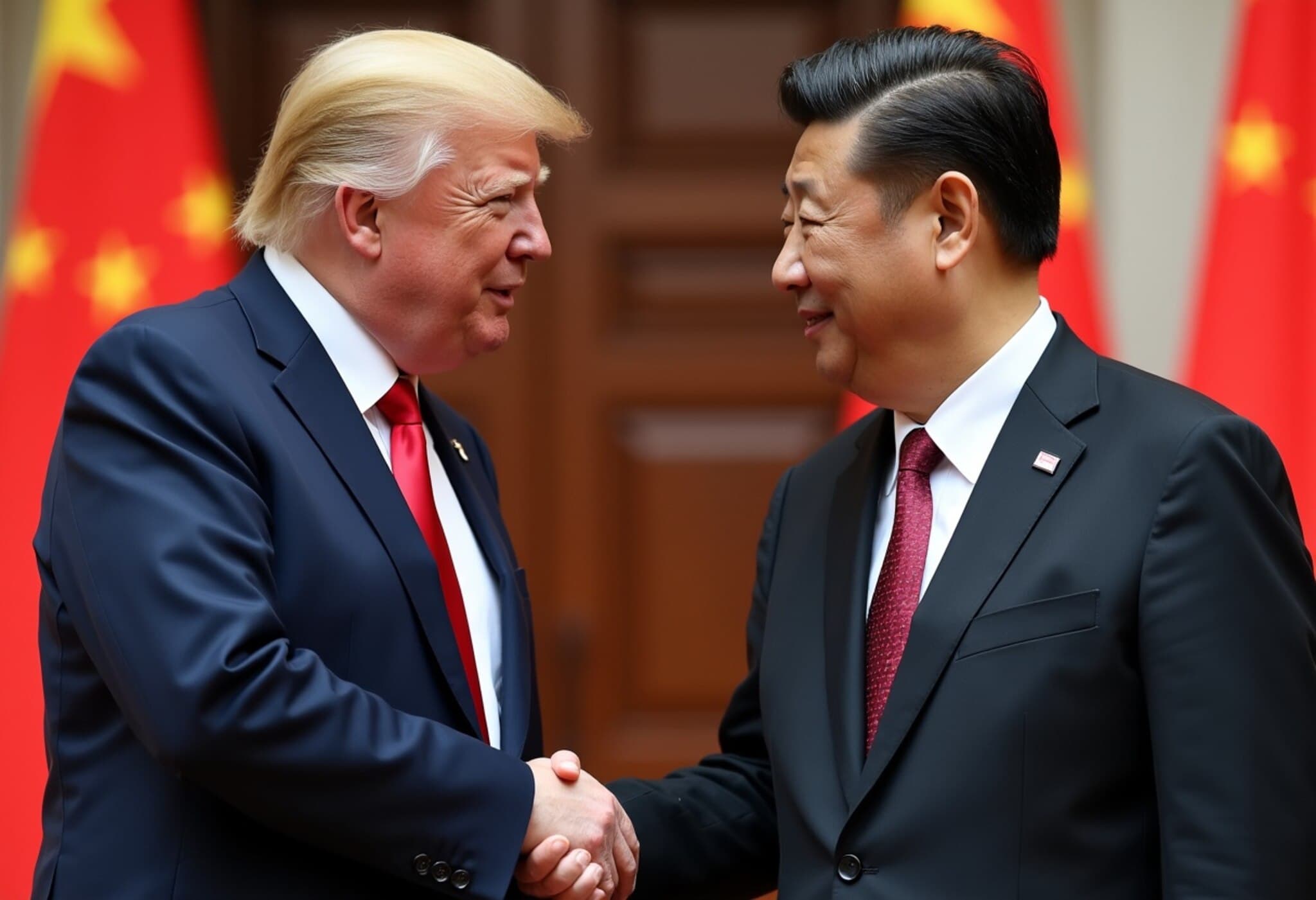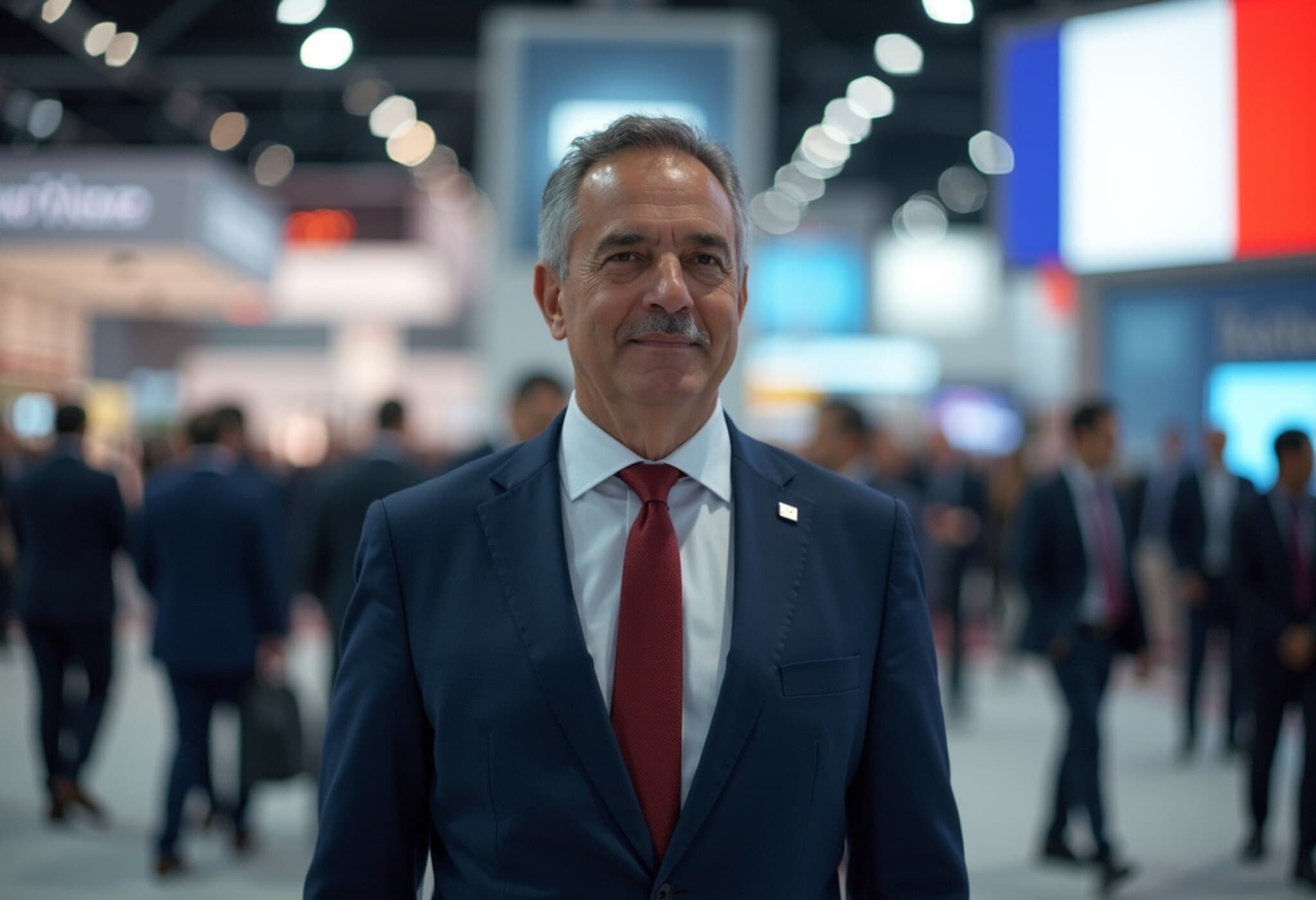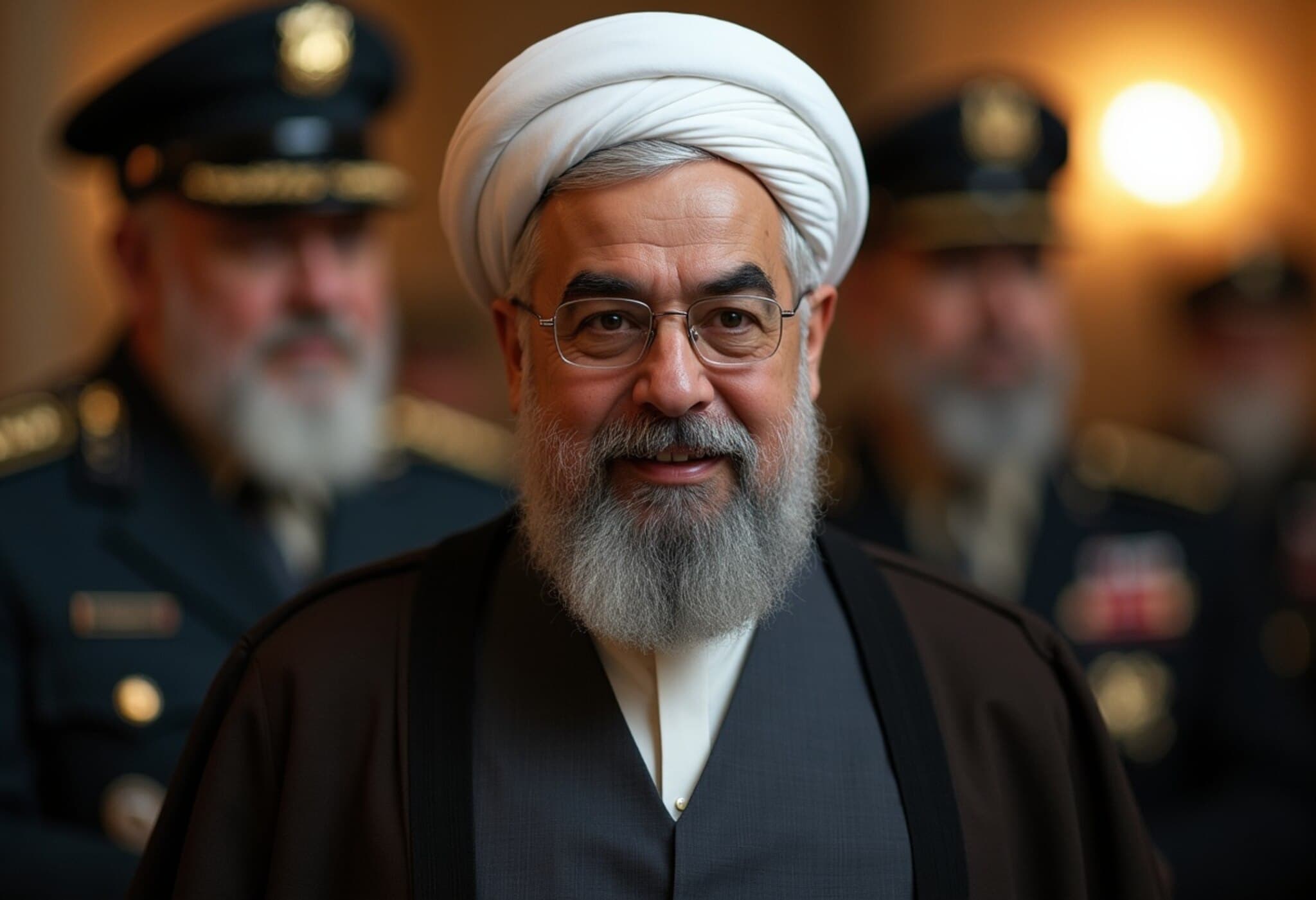US Official Alleges DeepSeek's Involvement with China's Military
A senior US official has accused Chinese AI startup DeepSeek of aiding China's military and intelligence agencies. According to the official, DeepSeek has deliberately supported these operations beyond simply offering open-source AI models. The firm, based in Hangzhou, is also alleged to have utilized Southeast Asian shell companies to bypass US export restrictions on advanced semiconductors.
Controversy Surrounding DeepSeek's AI Capabilities and Data Practices
Back in January, DeepSeek captured attention with claims that its AI reasoning models matched or exceeded leading US counterparts at significantly lower costs. However, Washington remains skeptical, suggesting that DeepSeek’s rapid rise partly stems from heavy reliance on US technology.
The US official also highlighted concerns that DeepSeek shares user data and usage statistics with the Chinese surveillance apparatus, raising significant privacy implications, given Chinese laws mandating data sharing with the government. This revelation is particularly alarming as DeepSeek’s services are available worldwide, accumulating millions of daily users.
US Cloud Providers and Data Security Concerns
Leading US cloud service providers like AWS, Microsoft Azure, and Google Cloud host DeepSeek's AI services. Past statements by US lawmakers have raised alarms regarding DeepSeek’s transmission of American user data to China via infrastructure linked to China Mobile, a state-owned telecom giant. DeepSeek has remained silent on inquiries about its privacy practices.
Links Between DeepSeek and China's Defense Sector
The US official revealed that DeepSeek appears more than 150 times in procurement documents connected to China’s People’s Liberation Army and defense entities. The company is believed to have delivered technology services to PLA research institutions. While independent verification of these procurement records was unavailable, these findings reinforce concerns about DeepSeek's military ties.
Efforts to Circumvent US Export Controls
DeepSeek is reported to have employed strategies to access high-end US-made Nvidia chips that are otherwise restricted from being shipped to China under export control rules. The firm allegedly uses shell companies in Southeast Asia and seeks to operate remote data centers in the region to gain access to these chips.
Specifically, DeepSeek has been linked to acquiring “large volumes” of Nvidia’s H100 chips, vital components restricted since 2022 due to US fears of bolstering China’s military and AI capabilities. However, details on whether these efforts successfully breached export bans remain undisclosed.
Nvidia's Response and Market Impact
An Nvidia spokesperson clarified that DeepSeek utilized lawfully acquired H800 chips rather than H100s, countering some claims. The company also noted that current export controls have effectively barred Nvidia from China’s data center market, which competitors like Huawei now dominate.
Industry Skepticism over DeepSeek’s Claims
While DeepSeek boasts AI models comparable to OpenAI's, experts have expressed doubts about the startup’s reported $5.58 million computing power expenditure, suggesting actual costs are likely far greater. Investigations by US officials into DeepSeek's access to restricted AI chips continue.
International Investigations and Regulatory Scrutiny
Authorities in Singapore have charged individuals tied to schemes involving illicit movement of Nvidia chips to DeepSeek. Meanwhile, Malaysia is probing whether a Chinese company within its borders is using Nvidia hardware for AI training, assessing potential legal violations.
Currently, DeepSeek remains off US trade blacklists, and no evidence suggests Nvidia knowingly facilitated military-endorsed applications by DeepSeek.
Unanswered Questions and Global Implications
DeepSeek has so far declined to comment on allegations concerning chip acquisitions, data sharing, and export control evasion. Meanwhile, Chinese government spokespeople have not issued statements on these accusations.
With AI technology at the forefront of global competition, DeepSeek's activities underscore rising geopolitical tensions and the complex challenge of balancing innovation, national security, and data privacy.


